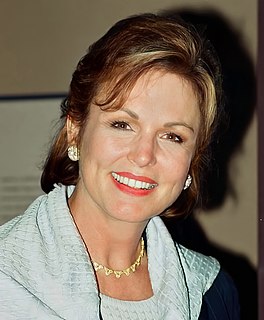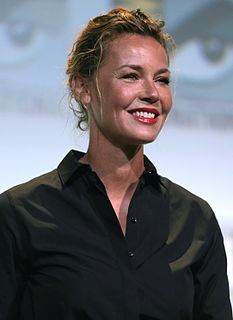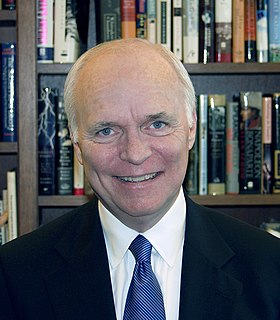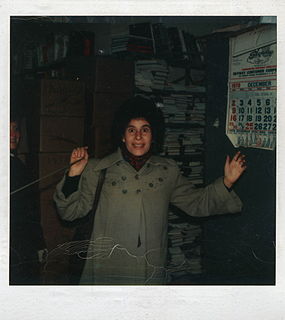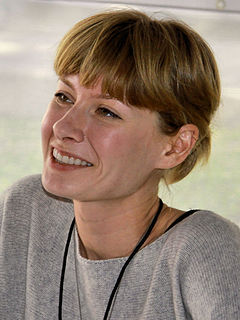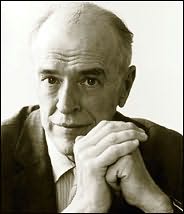A Quote by Garth Nix
Interestingly, it is often the younger members of the audience who ask the most sophisticated questions.
Related Quotes
Whenever I'm giving talks, I always ask people to think of the most obscure questions because I enjoy those the most. I always get the same questions: Why does Pickwick say "plock" and will there be a movie? I like the really obscure questions because there's so much in the books. There are tons and tons of references and I like when people get the little ones and ask me about them. It's good for the audience [and also] they realize there's more there.
Often when you get a really good script, and you receive the new pages, you see that the entire thing has been dumbed down. Films in the '30s and '40s, that were huge blockbusters, were very sophisticated in their language, and the ideas they brought. There were no questions about whether the audience would get it or not.



